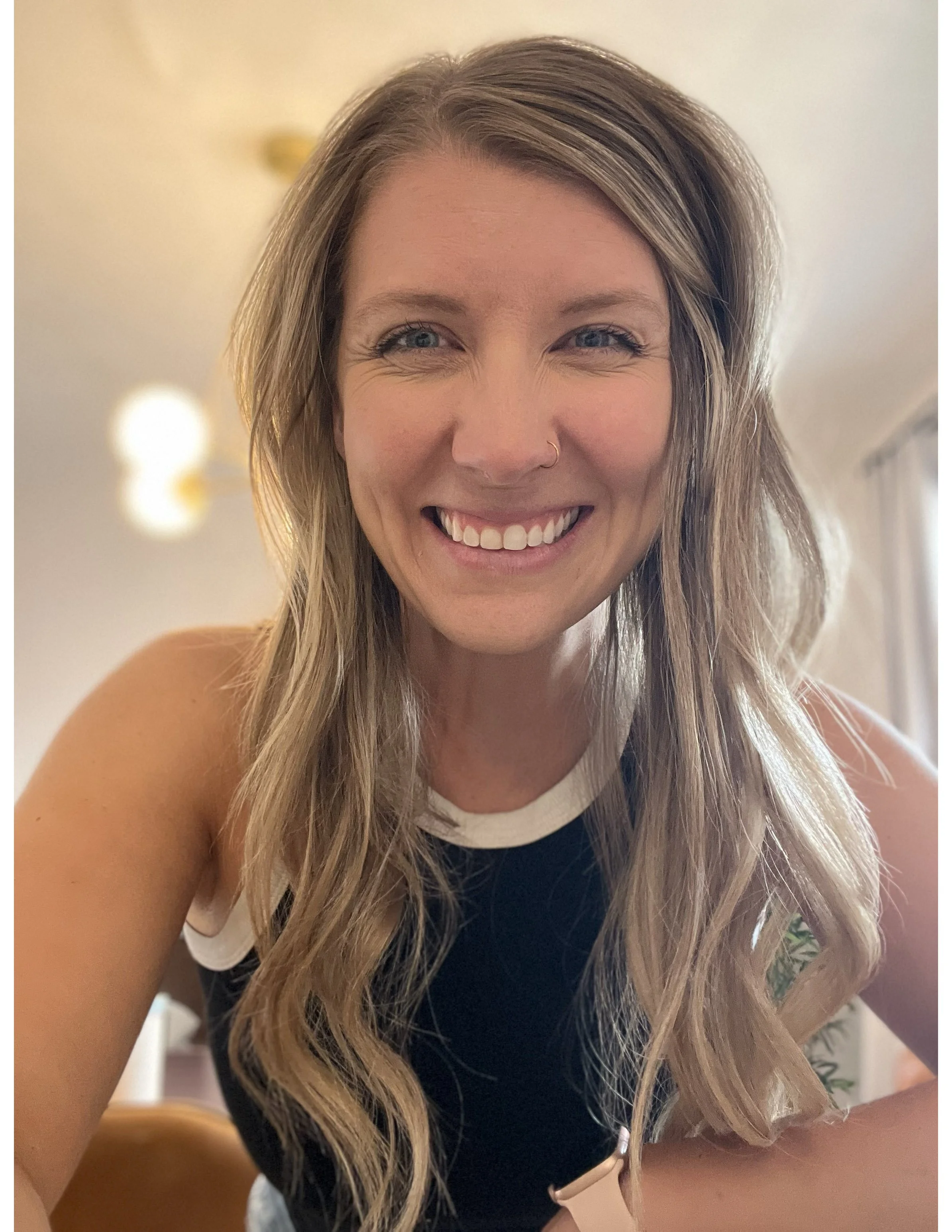At the Heart of Kinship: Molly's CASA Advocacy
September is National Kinship Care Month, a time to honor trusted adults who step in when parents cannot. Kinship can mean grandparents or aunts, but it can also be neighbors, teachers, or in Amy’s* case, a nurse who already cared for her during hospital stays.
CASA Molly has been a volunteer for nearly five years, and from the beginning she has stepped into difficult situations with compassion and consistency. On her very first case, Molly supported a young boy with cerebral palsy who was placed with his grandmother. Because of his medical needs, he was hospitalized a few times during the height of COVID. Visitor restrictions meant his grandmother could not always be at his side. As an occupational therapist at the same hospital, Molly was able to sit with him when family could not. “I could swing by and visit him while he was there. To be able to visit him when he didn’t have anyone other than the medical staff was a unique experience,” she shared.
Her Case Advocacy Supervisor, Brian, explained, “With Molly’s experience, she likes to take cases with a medical aspect. She has a really big heart and she’s always willing to do whatever is necessary for the child.”
That experience carried into Molly’s second case, where she was appointed to Amy in April 2023. Amy, now four years old, received a heart transplant as an infant and has faced a lifetime of complex medical needs. When she entered foster care, her nurse and her husband became licensed specifically so they could provide Amy with a stable home. Just last week, they officially adopted her.
Because Molly worked in the same hospital as Amy’s foster mom, she often got updates when Amy was admitted. “I was able to be another familiar face in that hospital setting,” Molly explained. “It can come with a lot of pokes and medical trauma. So, the more positive experiences children can have in that environment the better.”
One of the biggest challenges came during a routine heart surgery. While Amy was under anesthesia, surgeons recommended another procedure. Her foster parents understood its importance but could not legally consent. A judge issued an emergency order so the procedure could move forward, but Molly did not want Amy put at risk again. She consistently advocated for the foster parents to gain medical emergency consent. Before Amy’s next procedure, the court approved it, allowing her foster parents to make decisions quickly in the future. Molly’s persistence ensured Amy’s safety and gave her foster parents the ability to act in her best interest without delays.
On September 10, Amy’s adoption was finalized. Molly joined the hearing virtually, along with nearly 40 friends and family celebrating both in person and online. That evening she attended the family’s celebration. “You really saw the village of support this family has around them,” she said. “It was fun to be able to meet other people who had an impact on this little girl.”
Reflecting on Amy’s case, Molly shares, “The system is not perfect, it’s messy, but I think it’s a unique and special thing for a CASA to enter into that messiness in order to really fight on behalf of the children. There will always be challenges but there are a lot of sweet moments as well.” Molly has already taken on her third case. “If I have the opportunity to do this for one, five, ten more kids, as long as I have the capacity, I want to,” she said.
*Not her real name

